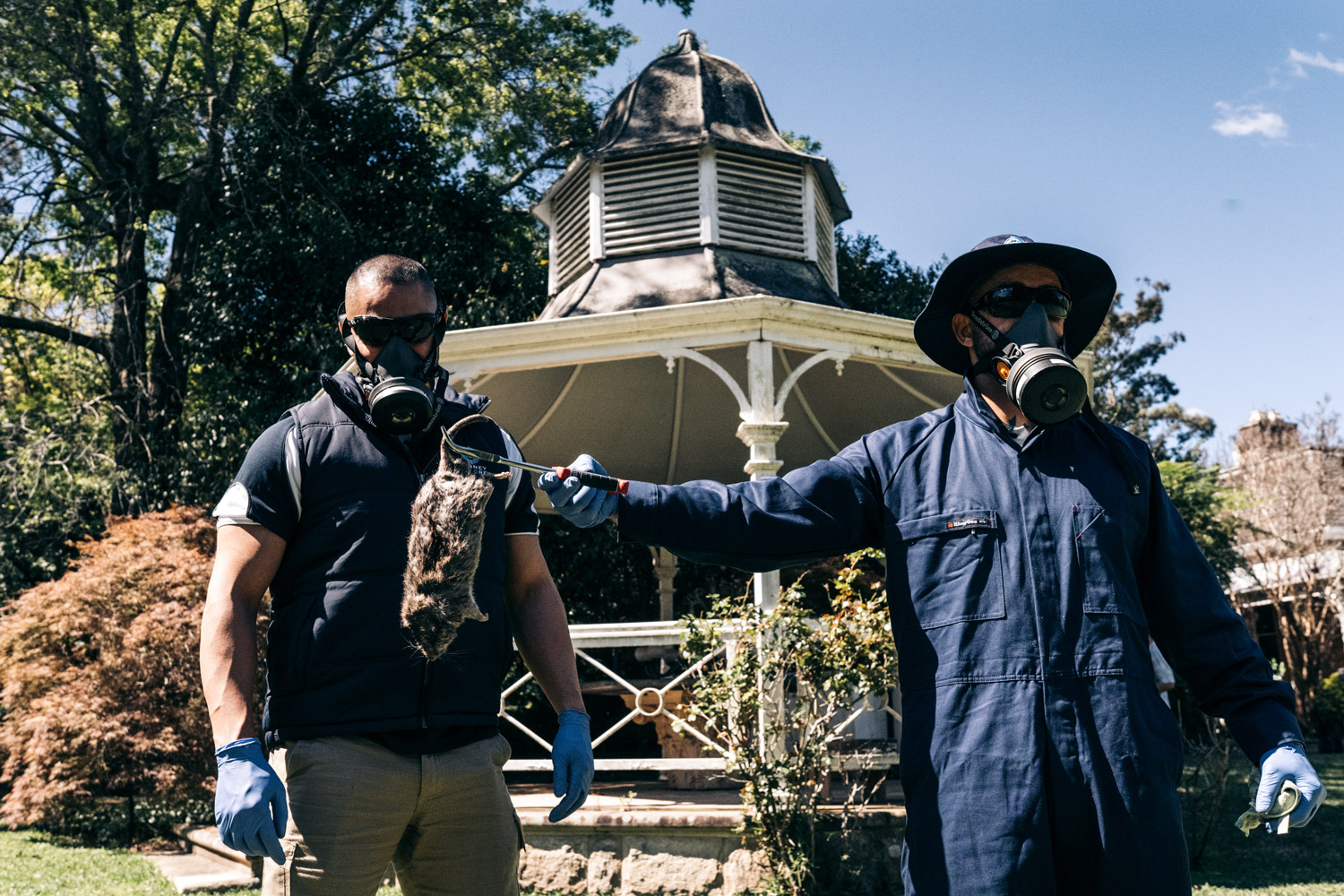Sydney's vibrant ecosystem, coupled with its warm climate is the main attraction for both tourists and residents. However, it also creates a haven for unique, unwelcome visitors.
While traditional rat control*(link your website) and pest control methods can offer quick fixes, they are unfortunately not the best choice for our environment.
This is why there's a growing movement among Sydney residents toward natural pest control solutions. These methods not only effectively mitigate the menace of rodents but do so in a way that's harmonious with our environment and health.
Whether you're a homeowner concerned about the safety of your family and pets or an environmentally conscious individual seeking sustainable living practices, natural pest control offers a promising alternative.

Sydney's environment hosts a variety of unwelcome guests. Among these, the most common invaders are:
Sydney's climate plays a crucial role in influencing pest behaviour and infestation levels throughout the year.
Characterised by warm summers and mild winters, our coastal climate creates the perfect breeding ground for various pests. However, it also allows a rich diversity of native species that can sometimes encounter secondary poisoning from the standard pest control procedures we have been using.
Dr Davis, a senior lecturer at Edith Cowan University, said research had shown secondary poisoning was widespread throughout ecosystems around Australia and had been detected in several species such as bobtail lizards, snakes, and dingoes.
By choosing natural alternatives for rat control and mice control, we can ensure we protect our native environment, whilst still avoiding unwanted guests.
Essential oils like lavender, peppermint, or tea tree oil can be used as effective pest repellents against mosquitoes, ants, and rodents.
Diatomaceous earth, a natural powdery substance, dehydrates insects on contact, serving as a lethal yet non-toxic pest control method for humans and pets.
Certain plants like citronella, lavender, and marigolds act as natural pest deterrents when strategically placed, while a water and vinegar solution can deter ants and other insects when sprayed on surfaces.
To prevent pests from entering your home, consider installing screens, using door sweeps, and sealing cracks and crevices.
To keep your home pest-free using natural methods, we've compiled easy-to-make DIY recipes. These solutions use ingredients found in most households, ensuring you can tackle pests safely and efficiently without harming the natural wildlife.
Incorporating Sydney-specific native plants into your garden is an eco-friendly and effective approach to pest control. These plants naturally repel common pests through their unique aromas and chemical compounds, reducing the need for chemical pesticides.
Adopting sustainable practices for long-term pest prevention is not only beneficial for your garden but also contributes positively to our environment. Here are a few eco-friendly measures that can make a significant difference:
By integrating these practices into your daily routine, you can maintain a pest-free garden and contribute to a sustainable and healthier environment.
Utilising expert insights and local resources is a crucial way we can ensure we're using the best methods and approaches to pest control, rat control, and mice control in particular.
The top authority on natural pest control in the Sydney area is Dr Davis from ECU, as we mentioned earlier in our guide. Davis encourages people to take a holistic approach, as in their expert opinion it is hardly ever necessary to use these absolute forms of bait.
He says:
"I would recommend people seal water and power inlets, holes in skirting boards and gaps or holes in grain storage facilities,"
"In a commercial setting, investing in modern vermin-proof facilities can be more cost-effective in the long run than buying baits. They certainly come with a reduced risk to native wildlife."
It's important we listen to the experts on this topic, as the cost of traditional pest control is mounting, with a recent study finding over 70 percent of the native southern boobook owls have toxic levels of pest control poison in them.
If you're serious about making a change, we recommend learning more from these local resources, where you can seek professional advice:
Shifting to natural pest control in Sydney is the right choice for our wildlife and a healthier environment, as traditional methods can harm native species. By investing in vermin-proofing and natural deterrents, we can reduce these impacts in a sustainable way.
This eco-friendly approach is not only recommended by experts, but also cost-effective and. Explore local resources, seek advice, and embrace sustainable practices for a healthier planet. Every small change helps our environment.
Book a pest treatment online or call us on 1300 288 342